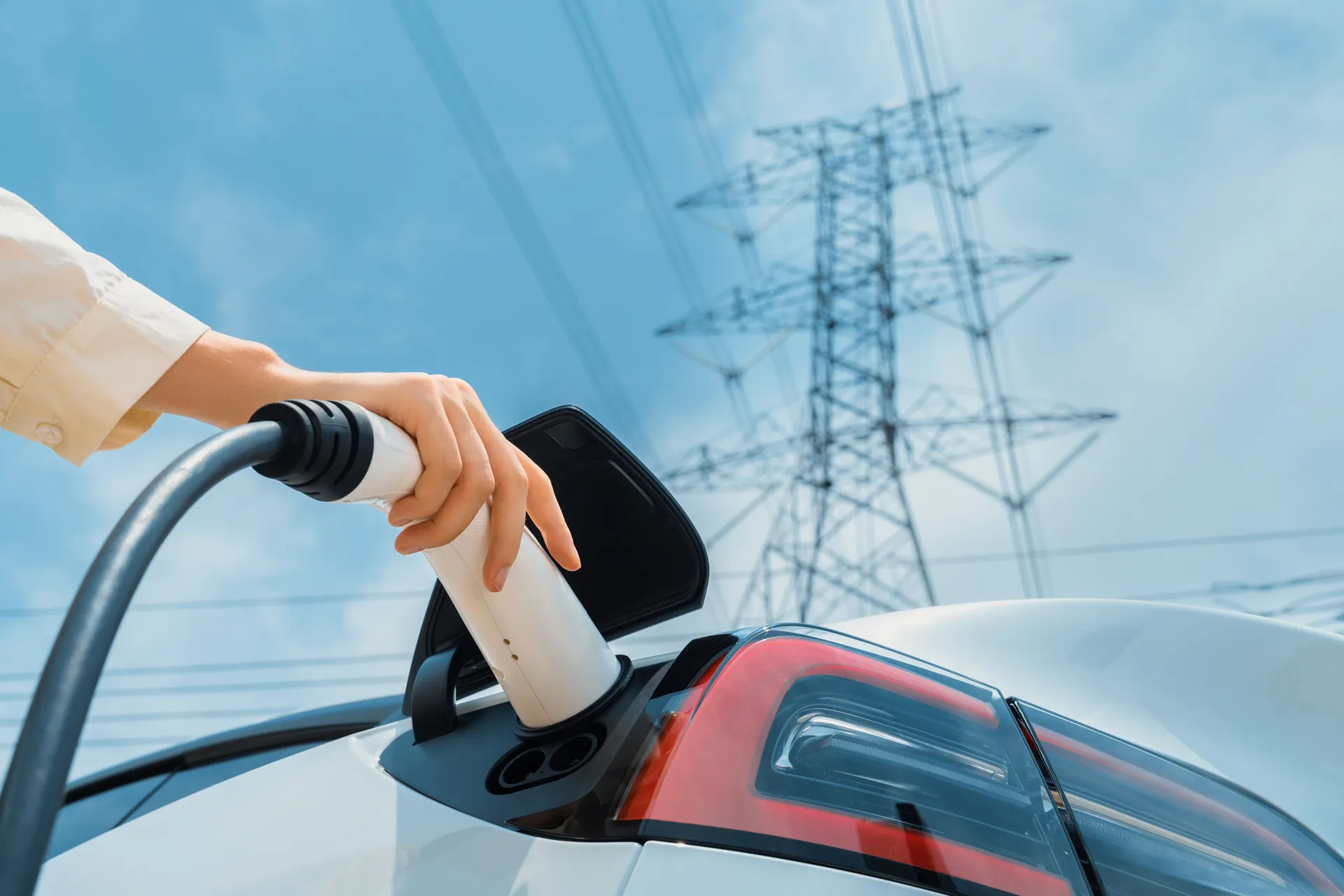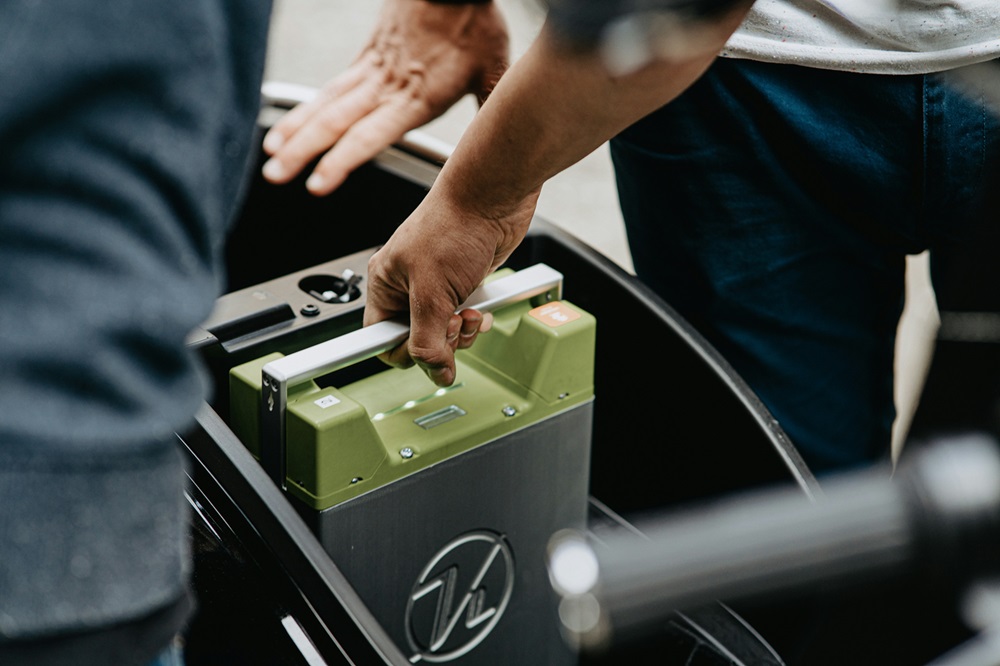The Karnataka government's plan to install 6,000 MWh of Battery Energy Storage Systems (BESS) across the state is a significant step toward enhancing the resilience, sustainability, and reliability of the region’s energy infrastructure. This initiative, set to be completed over the next two years, will address Karnataka’s growing energy demand, optimize the use of renewable energy sources, and improve the stability of the power grid. By integrating advanced storage technology into key generation and transmission centers, the project will offer a scalable solution to some of the most pressing energy challenges facing both the state and the broader Indian power sector. Karnataka is experiencing a rapid rise in energy demand due to urbanization, industrial growth, and population expansion. This surge places immense pressure on the state’s power grid, particularly during peak hours when electricity consumption is at its highest. In such times, the state often relies on fossil-fuel-based power plants or imports electricity from neighboring regions—both of which are costly and unsustainable. The BESS initiative will store excess energy produced from renewable sources like solar and wind during low-demand periods and release it during peak hours. This will alleviate grid stress, reduce the need for emergency power imports, and ensure a reliable, affordable electricity supply for consumers.
A key challenge in integrating renewable energy into the grid is its intermittency. Solar and wind energy are variable, with solar power peaking during the day and wind energy being seasonal. This variability can result in excess power during off-peak times and shortages during high-demand periods, complicating grid management. BESS addresses this by capturing surplus renewable energy when generation exceeds demand and releasing it during high-demand periods. This technology enhances the flexibility and efficiency of the grid, optimizes renewable energy use, and reduces reliance on fossil fuels, helping Karnataka to move closer to its goal of a cleaner, more sustainable energy future. Peak load management, which balances supply and demand during high-consumption periods, is a global challenge for power utilities. In Karnataka, increasing renewable energy reliance makes energy storage solutions like BESS essential.
By deploying large-scale storage systems, the state can smooth out fluctuations in power generation, ensuring a stable and continuous energy supply even when renewable generation dips. The stored energy will be released to the grid during peak hours, preventing overloads and enhancing overall grid reliability. This project not only enhances energy stability within Karnataka but also supports India’s ambitious renewable energy targets, including the goal of achieving 500 GW of non-fossil fuel-based capacity by 2030. As a leader in renewable energy, particularly solar power, Karnataka is well-positioned to contribute to these national objectives. The integration of BESS into the state’s grid will demonstrate how advanced energy storage solutions can facilitate the transition to a low-carbon energy system while ensuring that renewable energy plays a key role in meeting the country’s electricity demands. The BESS initiative also offers significant economic benefits. It will drive investment in the renewable energy sector, creating jobs in manufacturing, installation, and maintenance of storage systems. This aligns with India’s broader goals of fostering a green economy and promoting technological innovation in the energy sector. As demand for clean energy solutions grows, Karnataka’s initiative will help develop a robust renewable energy infrastructure, attracting both domestic and international investments and reinforcing the state’s leadership in clean energy technologies.



